After the Meiji Restoration in 1868, Japan embarked on a road of a prosperous country with an extremely aggressive and expanding color. In 1894, Japan launched the Sino-Japanese War of 1894-1895 and defeated the Beiyang Navy. In 1905, Japan launched the Russo-Japanese War and seized control of Northeast Asia from Russia. With the continuous victory of Japan in the foreign war, this island country from East Asia has also sprouted a huge ambition to dominate the Pacific and even the world. Driven by the ambition to dominate the Pacific and even the world, Japan has participated in the First and Second World Wars in the first half of the 20th century, which had a profound impact on human history.
However, Japan’s “role” in World War I and World War II was very different. During World War I, Japan was the enemy of Germany. Japan joined the camp of the Allied Powers and joined Britain and France to fight against Germany. But during World War II, Japan became an ally of Germany. Together, Japan and Germany launched extremely frenzied wars of aggression in Asia and Europe, and brought serious disasters to the people of all countries in the world.
So, why did Japan’s roles in World War I and World War II differ so much?
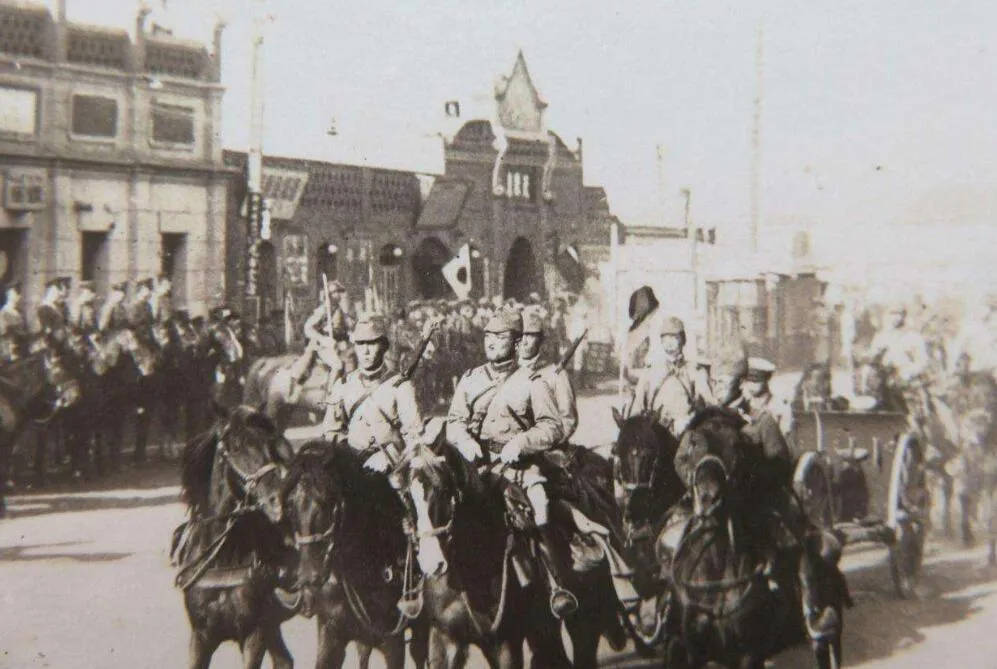
Above_ World War II Japan
First, the establishment of the Anglo-Japanese alliance paved the way for Japan and Germany to become enemies during the First World War.
Speaking of the conflict between Japan and Germany during the First World War, we have to mention the very important event of international relations in which Britain and Japan became alliances from the second half of the 19th century to the beginning of the 20th century.
The second half of the 19th century was an important stage for various powers to expand abroad. With a powerful navy, Britain established colonies all over the world. However, due to Russia’s large-scale expansion in Asia, a series of contradictions arose between Britain and Russia in the competition for power in Asia. Russia’s expansion in Central Asia and even its penetration in the Korean peninsula made Britain panic.
Russia’s expansion not only made the United Kingdom panic, but also made Japan feel sleepy and sleepy. After the Meiji Restoration, Japan quickly embarked on a path of rapid expansion following the establishment of colonies by Western countries. Its primary targets for expansion and occupation were the Korean Peninsula and Northeast China. However, Japan’s expansion in the Korean Peninsula and the Northeast will inevitably affect Russia’s interests in the Far East. In 1894, Japan launched the Sino-Japanese War of 1894-1895 and invaded the Liaodong Peninsula. However, Western powers such as Russia and France forced Japan to withdraw from the Liaodong Peninsula. This is the “three-nation intervention to return Liaoning” in modern Chinese history. In 1905, a war broke out between Japan and Russia, and the contradiction between Japan and Russia reached its peak.
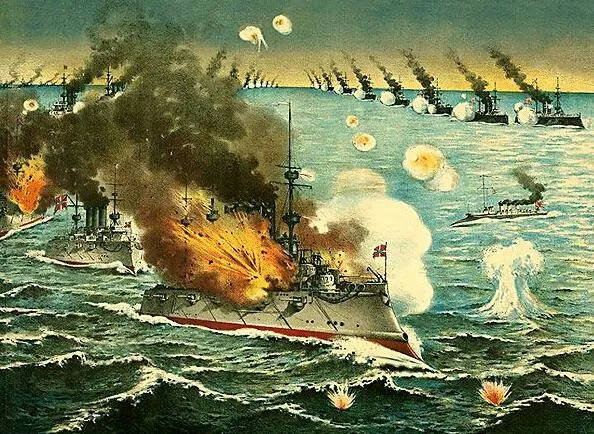
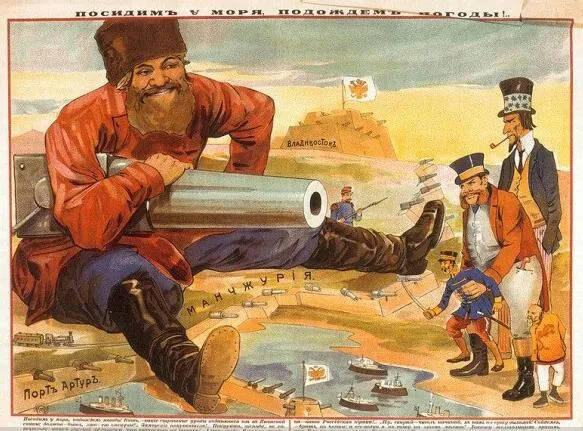
Above_Russian-Japanese War Pictorial
Since Britain and Japan both had conflicts with Russia, in order to defend the common interests of the two countries in Asia and boycott Russia’s expansion in the Far East, Britain and Japan became strategic allies from the second half of the 19th century to the beginning of the 20th century to jointly contain Russia. From 1902 to 1911, Britain and Japan signed the Anglo-Japanese Alliance Treaty three times. The Anglo-Japanese alliance has been confirmed by corresponding facts in international treaties.
Before the outbreak of World War I, the Anglo-Japanese Alliance had played a corresponding role in containing the expansion of Germany. Germany was a country that rose rapidly after its reunification in 1871. The naval fleet established by Germany directly threatened Britain’s maritime interests. In the direction of Asia, Japan and the German Empire competed again for the sphere of influence on the Shandong Peninsula. Since Britain and Japan have a common need for containment and confrontation with Germany, Britain and Japan joined the camp of the Allies during World War I and jointly confronted Germany.
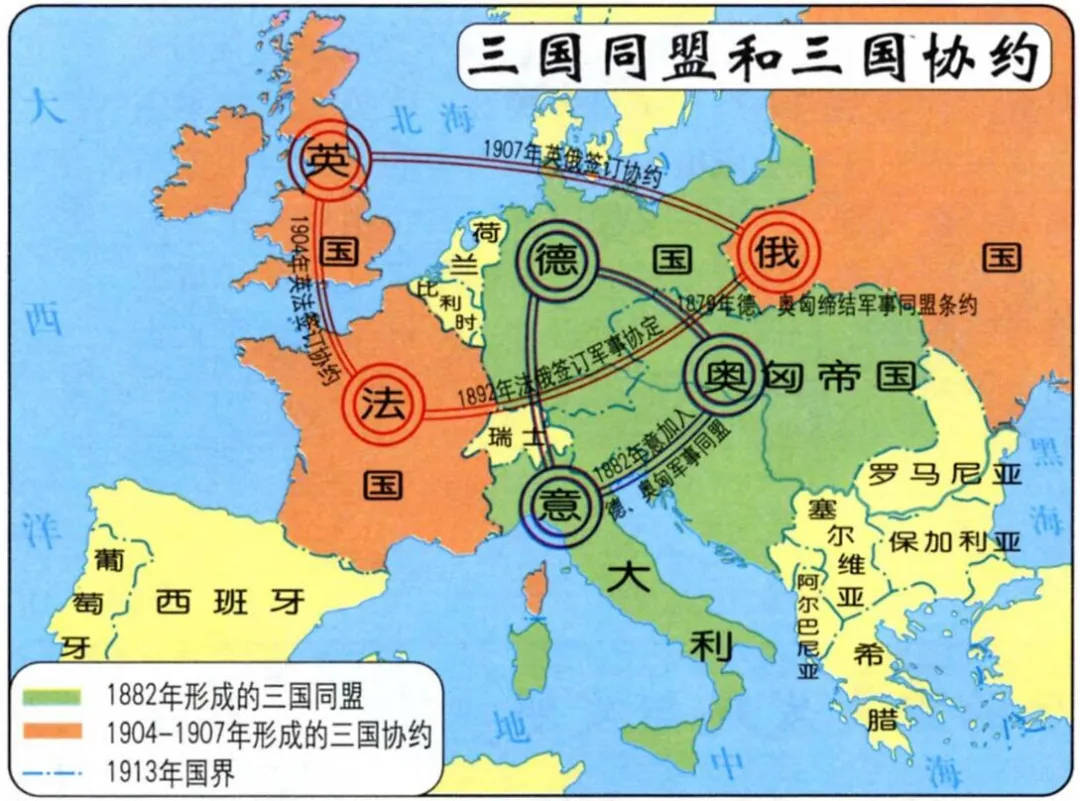
Above_ The Three Kingdoms Alliance and the Three Kingdoms Agreement
Second, the different motives behind the occupation of the Shandong Peninsula by Germany and Japan became the direct cause of the conflict between Germany and Japan during World War I.
In the second half of the 19th century, the great powers competed for sphere of influence in China. However, due to different national strategic interests, cultures and national conditions, the motives of the great powers in occupying the sphere of influence are also different. Some clues or answers can be found in the matter of Germany and Japan occupying the Shandong Peninsula.
Germany is a European country that has risen rapidly after its reunification in 1871. After the reunification of Germany, European powers such as Britain and France gradually set off a frenzy of establishing spheres of influence on Chinese territory. As a European power, Germany will naturally not give up the opportunity to establish spheres of influence with Britain and France in China. In 1897, Germany sent troops to occupy Jiaozhou Bay and established its own sphere of influence on the Shandong Peninsula.
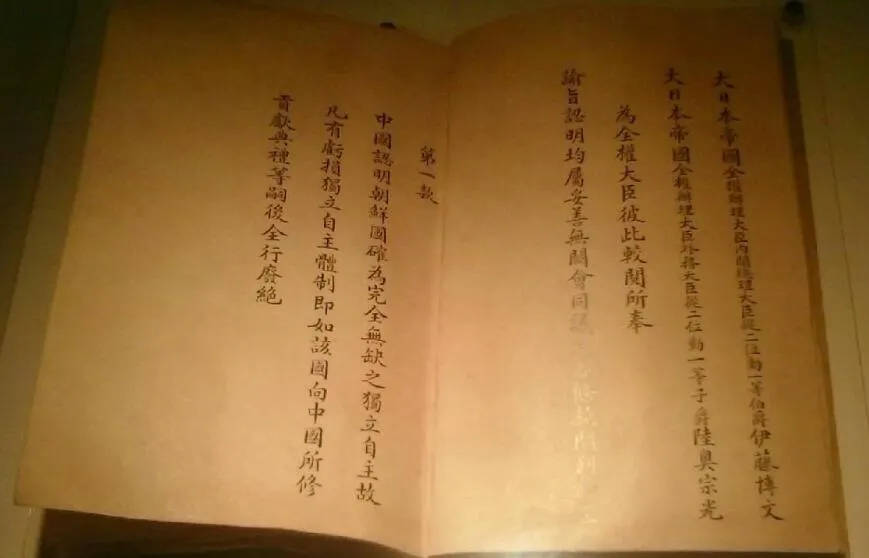
Above_ The original “Treaty of Shimonoseki”, now in the National Palace Museum in Taipei
In 1894, Japan launched the Sino-Japanese War of 1894-1895 and forced China to sign the Shimonoseki Treaty, which set off the first step in Japan’s occupation of China. In 1897, Germany sent troops to occupy Jiaozhou Bay. Both Germany and Japan’s occupation of China are the same, but the two countries’ motives, or purpose, are completely different: Germany’s occupation of Jiaozhou Bay is only a small part of Germany’s global expansion. The colonial empire of the world. And China is not the main opponent of Germany’s foreign expansion strategy. After the Meiji Restoration, Japan launched the Sino-Japanese War of Sino-Japanese War against China with the purpose of occupying the Korean peninsula, Taiwan Province, and occupying the entire mainland of China. China is Japan’s most important opponent and the primary opponent that Japan must conquer.
Different motives have different effects: Germany does not reject the establishment of spheres of influence in China with other European countries, but Japan firmly rejects other European countries (including Germany) to establish spheres of influence in China. Japan wants to occupy China alone. As a result, Japan and Germany had a series of contradictions over China’s establishment of a sphere of influence. The three-nation intervention in Liaoning is the best proof of the establishment of spheres of influence between Germany and Japan in China.
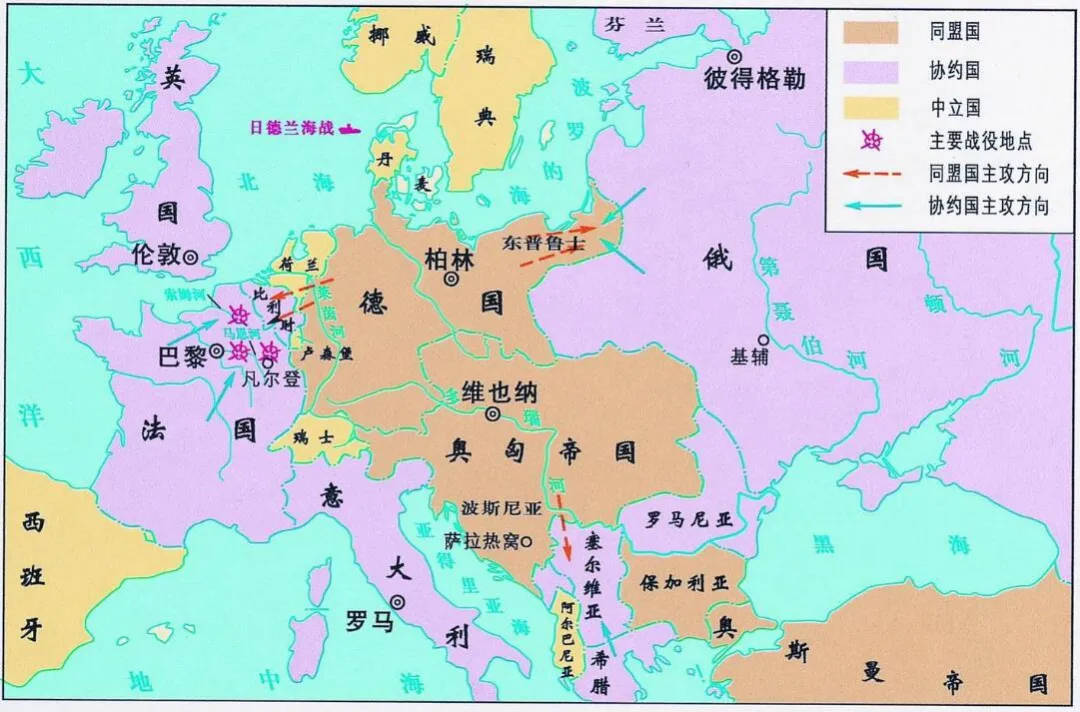
Above_ Map of Europe during World War I
As far as Japan is concerned, if Germany is strong, Japan will temporarily not be in direct conflict with Germany over the sphere of influence in China. But if Germany’s power declines, Japan will compete for Germany’s sphere of influence in China. After the outbreak of the First World War, Germany’s main battlefield was in Europe, and there was no time to take care of Asian affairs. The Japanese and British troops attacked the Jiaodong Peninsula together, and finally occupied the Jiaodong Peninsula.
All in all, the contradiction between the Anglo-Japanese alliance and Germany and Japan in establishing spheres of influence within China became the reason why Germany and Japan became enemies during the First World War.
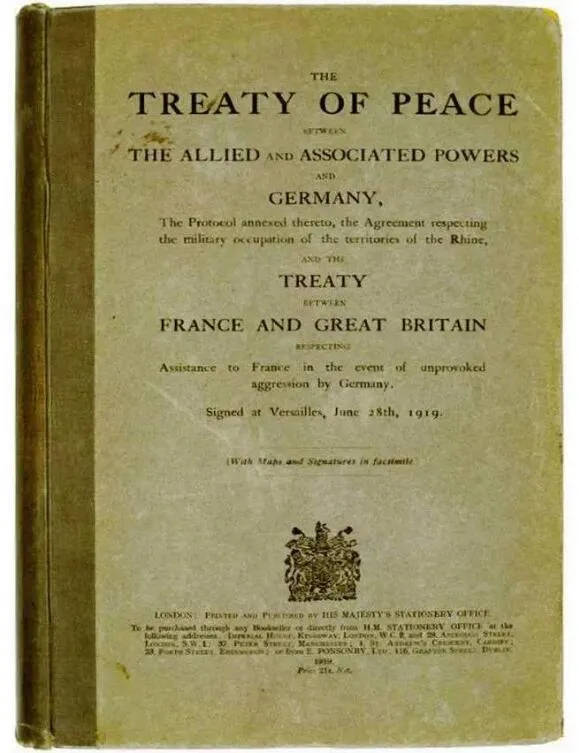
Above_ “The Treaty of Versailles” (English: Treaty of Versailles, also known as “The Treaty of Versailles”)
Third, the changes in the international situation after the First World War and the rise of fascism became the direct reason that Germany and Japan became allies during the Second World War and jointly carve up the world.
After the end of the First World War, Germany was defeated and the Weimar Republic was established. Because the “Versailles Peace Treaty” imposed extremely harsh punishment on Germany, the revenge anger of the German people was aroused by the harsh punishment of the Allies. After Hitler came to power, fascism in Germany quickly rose. Hitler took advantage of the German people’s “revenge for the First World War” to win the support of the domestic army, workers and peasants, tore up the Versailles Peace Treaty, and openly expanded its armaments to prepare for war. The origin of the war in World War II Europe quietly formed. Germany’s goal was to occupy the European continent and Britain (including the British and French colonies) westward, and the Soviet Union eastward.
During World War I, Japan’s ambition to invade China further expanded due to Japan’s successful occupation of Jiaozhou Bay from Germany. In 1927, the Japanese Cabinet promulgated the “Tanaka Memorial”, which clarified the expansion strategy of “occupying Manchuria, occupying China, and occupying Asia.” In 1931, the staff of the Japanese Kwantung Army launched the 918 Incident and launched the war of aggression against China. In 1936, Japan established a fascist dictatorship controlled by the military through the 226 mutiny, and its strategy of foreign expansion was on the line. At that time, Japan’s goal was to occupy the entire territory of China, to occupy India and Southeast Asia, and finally to join forces with Germany in the Middle East.
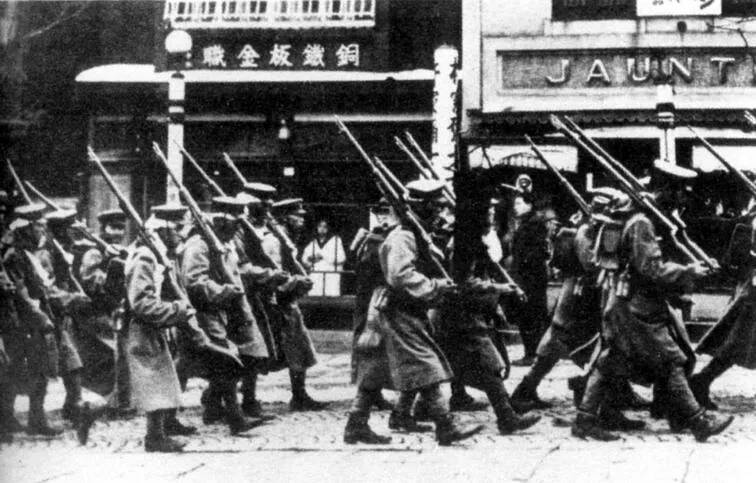
Picture above_ “The 226 Mutiny” old photos
Germany, which wanted to occupy Europe, and Japan, which wanted to occupy Asia, became the core source of the war of aggression on the two continents of Europe and Asia, and Germany and Japan naturally came together. In 1936, Germany and Japan signed the “Anti-Communist International Agreement”. The two countries became allies and jointly launched a war of aggression to divide the world.
Of course, Germany during World War II had its strategic center in Europe, and Asia and China would not bring much practical benefit to Germany. Therefore, during the Second World War, Germany would neither have conflicts with its ally Japan on the China issue like the First World War, nor would it join forces with Japan to attack China. Germany occupied Europe and Japan occupied Asia. This strategic division of labor was very distinct in the Axis camp during World War II.
Author: handsome military man Correction/Edit: Lilith
Reference: “History of International Relations” by Liu Debin, Higher Education Press
The text was created by the History University team, and the pictures are from the Internet. The copyright belongs to the original author.

























































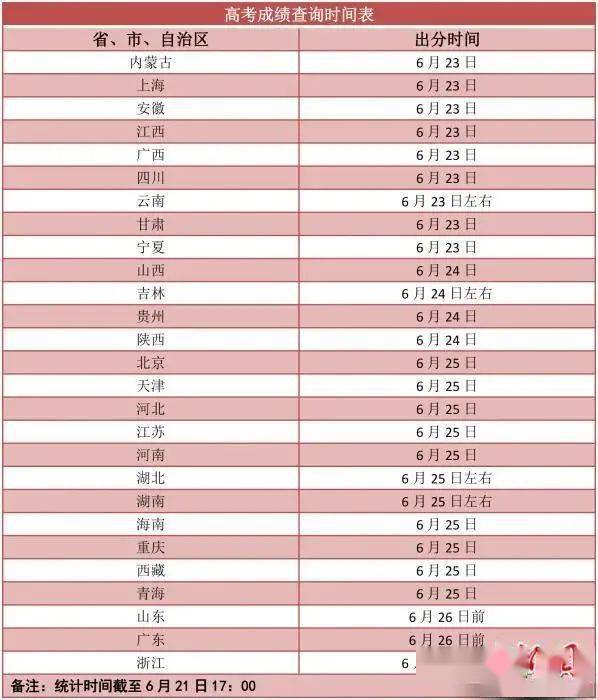



You must log in to post a comment.